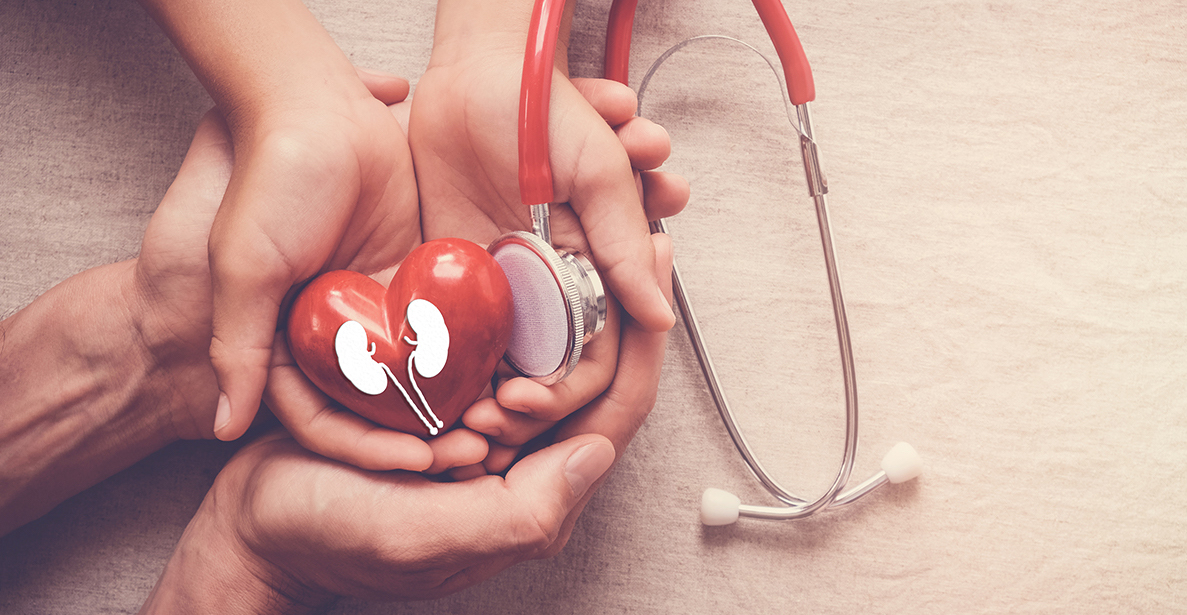March is National Kidney Month

Did you know that about 37 million Americans suffer from kidney disease?
March is National Kidney Month, and is a great time to raise awareness about the prevention and treatment of kidney disease. You are more likely to develop kidney disease if you have high blood pressure, diabetes, heart disease, and a family history of kidney failure. Oftentimes, kidney disease has no symptoms and can go undetected until its advanced stage. Early detection can help prevent or slow down the progression of kidney disease. Hence, regular testing is essential.
The good news is, there is a lot you can do to keep your kidneys in tip-top shape. Here are some healthy kidney tips from Physicians Premier, your Corpus Christi ER.
1. Know the facts.
Healthy kidneys do these things:
- Filter bodily wastes effectively and rids the blood from toxins
- Regulate the body’s fluid levels
- Release the hormone that directs red blood cells production
- Activate vitamin D for healthy bones
- Helps regulate blood pressure
- Keep your body’s minerals in balance
Unhealthy kidneys can cause these things:
- Heart disease
- High blood pressure
- Stroke and heart attack
- Weak bones
- Kidney failure
- Neuropathy or nerve damage
- Low blood cell count
2. Assess your risk
Knowing your risk factors is important. They include:
- High blood pressure
- Diabetes
- Heart disease
- Obesity
- Family history of the conditions mentioned above
3. Recognize the symptoms of kidney disease
As mentioned, early detection is crucial as those with early kidney disease don’t manifest symptoms. By the time the symptoms appear, the condition may be in its advanced stage. Do not ignore the following symptoms:
- Foamy urine
- Dark or pinkish urine
- Painful urination
- Weakness or fatigue
- Increased need to urinate
- Increased thirst
- Swollen hands, face, ankles, abdomen, and feet
- Puffy eyes
4. Get checked
Below are some life-saving tests that you or your loved one must get done, especially if you belong to a high-risk group.
- Blood pressure test
- Glomerular filtration rate test
- Protein in urine test
5. Stay healthy
If you have kidney disease:
- Manage blood sugar levels
- Lower high blood pressure
- Moderate protein consumption
- Avoid non-steroidal anti-inflammatory medications like ibuprofen
- Reduce salt intake
If you don’t have kidney disease:
- Keep your weight under control
- Exercise regularly
- Quit smoking
- Eat a healthy diet
- Monitor cholesterol levels
- Stay hydrated
- Know your family’s medical history
- Drink in moderation
- Get a physical exam
Your kidneys perform a life-sustaining job for you. If you have questions about kidney disease and prevention, talk to us at Physicians Premier, your Corpus Christi ER.
Sources:
“Overview of the Kidney Disease Population.” National Kidney Foundation, https://www.kidney.org/news/newsroom/factsheets/CKD-A-Growing-Problem.
“Chronic kidney disease.” NHS, https://www.nhs.uk/conditions/kidney-disease/prevention/.
“Kidney disease prevention.” Health Direct, https://www.healthdirect.gov.au/kidney-disease-prevention.
“Preventing Chronic Kidney Disease.” National Institute of Diabetes and Digestive and Kidney Disease, https://www.niddk.nih.gov/health-information/kidney-disease/chronic-kidney-disease-ckd/prevention.


